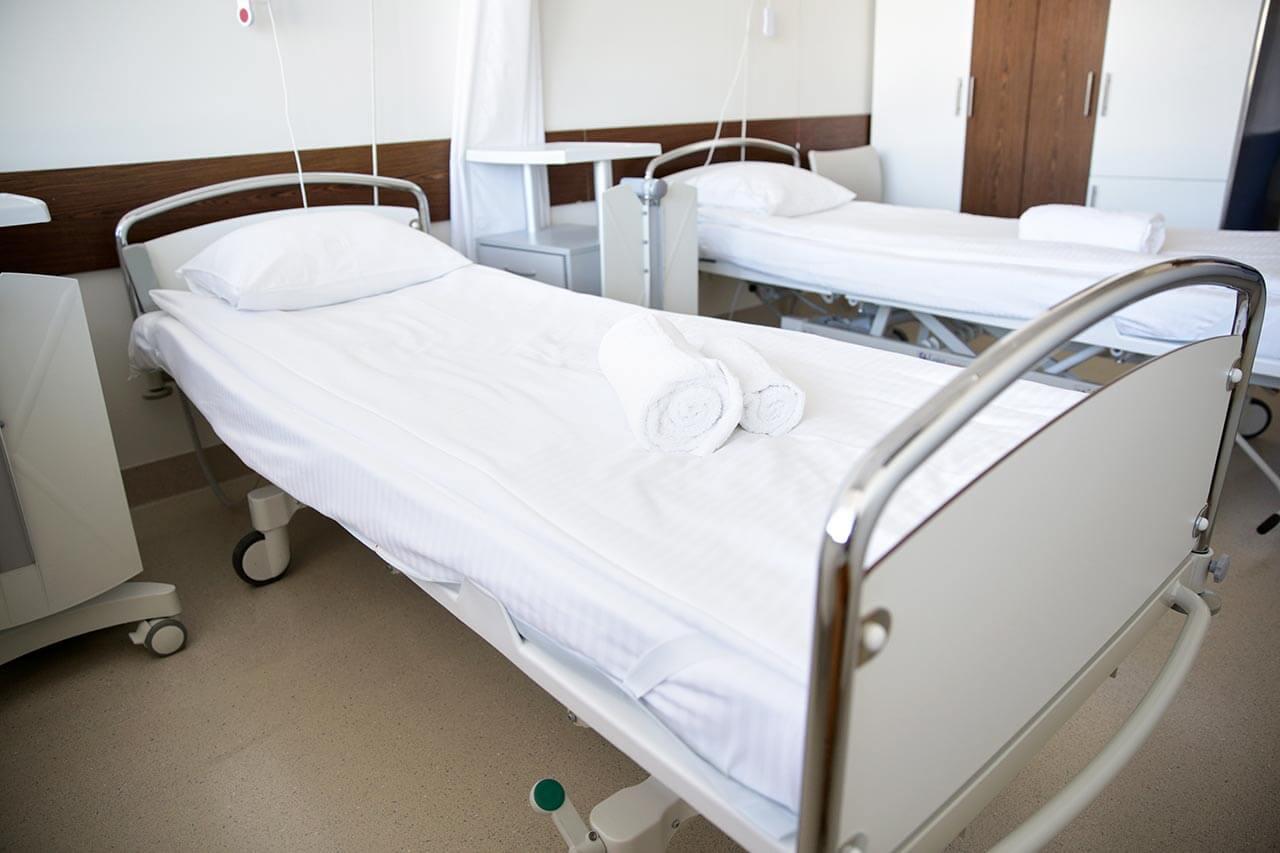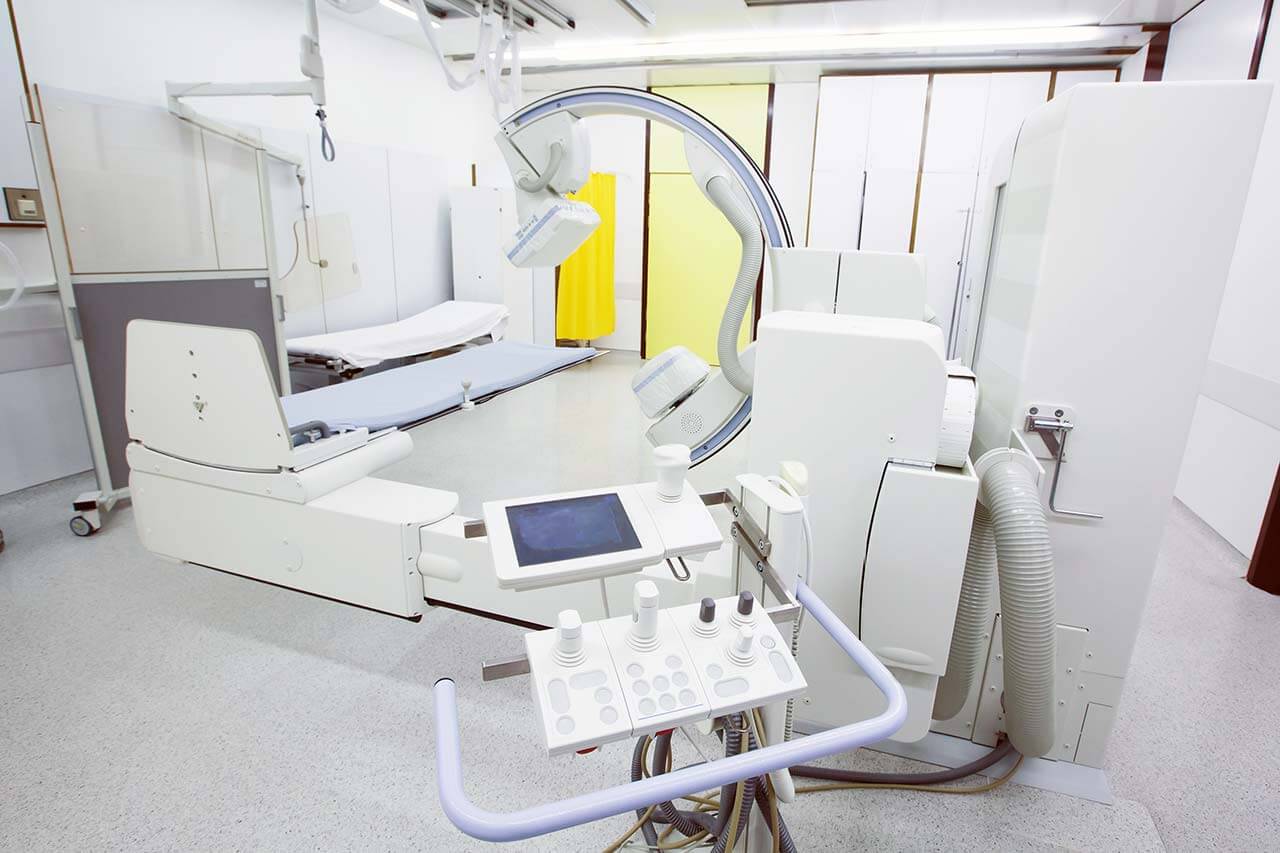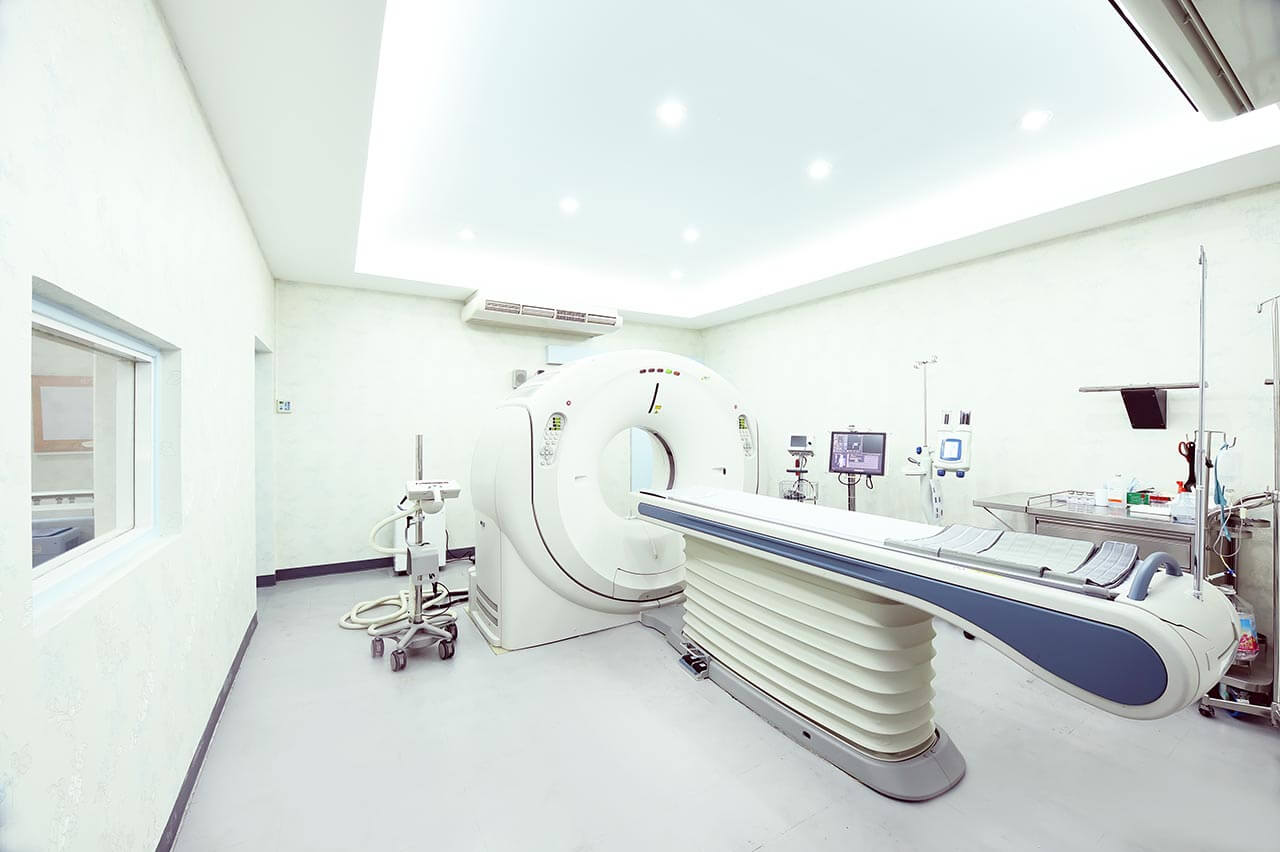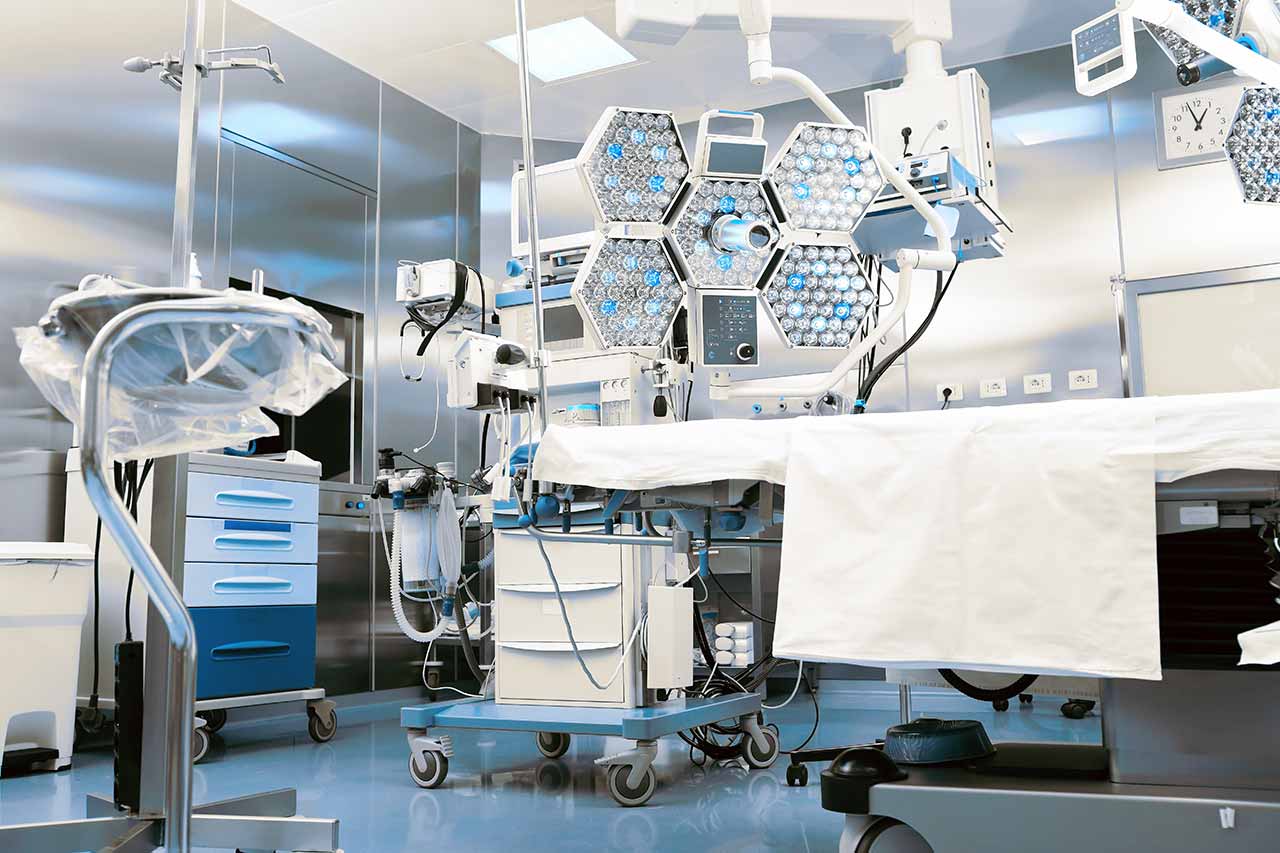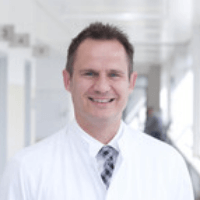
The program includes:
- Initial presentation in the clinic
- clinical history taking
- review of medical records
- physical examination
- laboratory tests:
- complete blood count
- general urine analysis
- biochemical analysis of blood
- inflammation indicators (CRP, ESR)
- indicators blood coagulation
- CT/MRI scan
- neuropsychological tests (on indications):
- ENMG (electroneuromyography)
- EEG (electroencephalography)
- SEPs (somatosensory evoked potentials)
- VEPs (visually evoked potentials)
- BAEP tests (brainstem auditory evoked potential)
- motor symptoms
- reflexes
- muscle strength
- Muscle tone
- coordination
- balance
- sensory symptoms
- sense of touch
- vision and eye movement
- hearing
- psychiatric symptoms
- mental status
- mood
- neuropsychological testing
- memory
- reasoning
- mental agility
- language function
- spatial reasoning
- psychiatric evaluation
- emotional state
- patterns of behaviors
- quality of judgment
- coping skills
- signs of disordered thinking
- vidence of substance abuse
- consultation of related specialists
- symptomatic specific treatment
- the cost of essential medicines and materials
- nursing services
- control examinations
- full hospital accommodation
- developing of further guidance
Required documents
- Medical records
- Genetic tests (if available)
Service
You may also book:
 BookingHealth Price from:
BookingHealth Price from:
About the department
According to the Focus magazine, the Department of Neurology at the University Hospital Essen ranks among the top German departments specializing in multiple sclerosis treatment!
The department offers the full range of services in the diagnostics and treatment of diseases of the nervous system in accordance with the very latest medical standards. Of particular interest is the treatment of Parkinson's disease, multiple sclerosis, brain tumors, stroke, epilepsy, chronic headaches. The department employs highly qualified world-famous specialists, who are distinguished not only by their successful clinical activities, but also by the productive research activities, the results of which are being actively implemented in the department’s daily clinical practice. The department has 73 beds. A modern certified Stroke Unit serves for the optimal stroke treatment. The department is headed by Prof. Dr. med. Christoph Kleinschnitz.
The department offers excellent diagnostic options, for example, the Section for Functional Diagnostics, which functions on the basis of the department, carries out such important neurological examinations as Doppler and duplex ultrasonography of the cerebral vessels, electronystagmography, electroencephalography, registration of evoked potentials, electromyography, electroneurography, cerebrospinal fluid analysis, etc.
One of the main department’s areas of specialization include the diagnostics and treatment of patients with benign and malignant tumors of the brain, spinal cord and their meninges, brain metastases from other cancers (clinical neuro-oncology). It also provides medical care for the patients with paraneoplastic syndromes (indirect influence of cancer on the nervous system and other organs). The treatment is carried out in close cooperation with the specialists from the West German Cancer Center Essen, which is considered one of the largest and leading medical facilities of this kind in Germany. Thus, the patients are provided with interdisciplinary, comprehensive and customized treatment of oncological pathologies with access to the best medicines and innovative therapies.
The department’s range of medical services includes:
- Diagnostics and treatment of ataxia
- Diagnostics and treatment of motor disorders
- Parkinson's disease
- Essential tremor
- Dystonia
- Restless leg syndrome
- Spasticity
- Diagnostics and treatment of various types of dementia (for example, Alzheimer's disease, vascular dementia)
- Diagnostics and treatment of epilepsy
- Diagnostics and treatment of diseases of the peripheral nervous system and muscles
- Inflammatory neuropathies (Guillain-Barré syndrome, chronic inflammatory demyelinating polyneuropathy)
- Hereditary neuropathies (for example, hereditary motor-sensory neuropathy)
- Recurrent paralysis
- Channelopathy
- Multifocal motor neuropathy
- Lesions of the peripheral nervous system due to vasculitides
- Diagnostics and treatment of chronic back pain
- Diagnostics and treatment of multiple sclerosis
- Diagnostics and treatment of dizziness
- Diagnostics and treatment of neurovascular diseases
- Diagnostics and treatment of all types of headaches
- Diagnostics and treatment of other neurological pathologies
Curriculum vitae
Higher Education
- 11.1994 - 09.1999 Study of Human Medicine, Julius Maximilian University of Würzburg.
- 18.09.1996 Preliminary Examination in Medicine.
- 28.08.1997 Medical Exam, Part 1.
- 10.09.1999 Medical Exam, Part 2.
- 21.11.2000 Medical Exam, Part 3.
- 10.1997 - 03.1999 Doctoral thesis defense, experimental part, Institute of Pharmacology and Toxicology at the University of Würzburg (Supervisor: Prof. Dr. med. H. Schmidt); 20.06.2001 defense with honors. Subject: "Intracellular localization and distribution of the nitric oxide receptor – soluble guanylate cyclase".
Professional Career
- 01.2001 - 06.2002 Intern, Department of Neurology, University Hospital Würzburg (Head: Prof. Dr. K. Toyka).
- 07.2002 Full admission to medical practice.
- 07.2002 - 07.2007 Research Fellow and Assistant Physician, training in Neurology, Department of Neurology at the University Hospital Würzburg. Member of the Working Group "Molecular Neuroimaging" (Prof. Dr. G. Stoll), as well as Clinical Research Group on Multiple Sclerosis (Prof. Dr. H. Wiendl).
- Since 07.2007 Professional certification in Neurology.
- Since 07.2007 Head of the Working Group "Experimental Stroke".
- 04.2008 Habilitation in Neurology, University of Würzburg. Subject: ''In vivo imaging and therapeutic value of the development of infarction due to the cerebral ischemia: mechanisms of blood clot formation and neuroprotection'' (28.04.2008, defense).
- Since 04.2008 Senior Physician in the Department of Neurology at the University Hospital Würzburg.
- Since 02.05.2016 Head of the Department of Neurology at the University Hospital Essen.
Membership in Medical Societies
- Since 2003 German Society of Neurology (DGN).
- Since 2003 European Neurological Society (ENS).
- Since 2004 German Society for Clinical Neurophysiology (DGKN).
- American Academy of Neurology (AAN).
- Since 2005 Multiple Sclerosis Therapy Consensus Group (MSTKG).
- Since 2007 Co-Founder of the Society for Experimental Stroke (SFES).
- Since 2007 Co-Editor of the Journal of Experimental Stroke and Translational Medicine.
Additional Qualifications
- 2002 Basic course in animal protection and animal science.
- 2006 Theoretical foundations in Radiation Protection according to the requirements of X-ray examinations (emergency diagnostics).
- EMG certification of the German Society for Clinical Neurophysiology and Functional Imaging (DGKN).
- 2007 Certificate in Special Neurological Ultrasound Diagnostics of the German Society of Ultrasound in Medicine (DEGUM).
Science Awards
- 2006 International Scholarship Award of the American Academy of Neurology, USA.
- 2006 Neurologists in Training Encouraging Award of the European Neurological Society (ENS).
- 2006 Young Scientist Award of the Center for Stroke Research Charité, zberlin.
- 2007 Hermann Rein Prize of the Society for Microcirculation and Vascular Biology, Berlin.
- 2008 Theodor Naegeli Prize of the Naegeli Foundation, Basel, Switzerland.
- 2008 Award for the doctoral thesis of the Wilhelm H. Ruchti Foundation of the University of Würzburg.
Patents
- "STIM1-dependent calcium entry as an antithrombotic target" (University of Würzburg, SFI – 103.029-1/08).
- “Glycoprotein Ib and Willebrand factor as a therapeutic target for the prevention and treatment of ischemic stroke” (University of Würzburg, SEP – 103.323-2/08).
Photo of the doctor: (c) Universitätsklinikum Essen
About hospital
According to the authoritative Focus magazine the University Hospital Essen ranks among the top German hospitals!
With 27 specialized departments and 24 institutes, the hospital in Germany is a maximum care medical facility. The hospital has 1,300 beds for inpatient treatment. A highly qualified medical team of more than 6,000 employees takes care of the health of patients. All the specialists give preference to an interdisciplinary medical care, which guarantees a comprehensive treatment taking into account the smallest aspects of a particular pathology. The hospital annually diagnoses and treats more than 50,000 inpatients and about 195,000 outpatients, which testifies to the prestige of the medical institution and the highest quality of treatment in Germany.
The hospital presents all the modern medical fields. Nevertheless, special attention should be given to the following major fields of specialization as oncology, transplantology and cardiology, as well as research activities in the field of immunology, infectology and translational examinations of pathologies of the nervous system and behavioral disorders.
Established on the basis of the standard American model of Comprehensive Cancer Centers, the West German Cancer Center (WTZ) in Essen was recognized as the best medical facility of this kind in Germany in 2009. Nowadays, the center holds leading positions both on the national and international medical markets. The basis of its successful clinical practice is the use of very latest treatment methods and an interdisciplinary approach to each clinical case. The West German Organ Transplant Centre (WZO) is also recognized as one of the best in the country and one of the few in Germany, which specializes in the transplantation of all vital organs, such as kidney, liver, pancreas, heart and lungs. Special attention is paid to kidney and liver transplantation.
The hospital in Germany is proud of its high-tech medical equipment, experienced and competent staff, productive research activities, which allow to guarantee the accurate diagnostics and effective treatment, including rare and very complex clinical cases for every patient. Consequently, the hospital is considered a perfect embodiment of high-quality treatment in Germany.
Photo: (c) depositphotos
Accommodation in hospital
Patients rooms
The patients of the University Hospital Essen live in comfortable rooms designed in bright colors. The standard room furnishing includes an automatically adjustable bed, a bedside table, a personal wardrobe, a personal call button with a built-in light panel, a telephone, a TV and a radio. The Internet access is available at an additional cost.
Meals and Menus
The patients of the hospital are offered a daily choice of three menus. The patients are also offered alternative types of menus, if their religion requires the exclusion of certain foods. If you follow a certain diet or suffer from food intolerance, you will be provided with a menu of your choice by discussing it with your attending physician in advance. The hospital also houses a bistro and a cafe, where one can have a tasty snack, enjoy hot and cold drinks.
Further details
Standard rooms include:
Accompanying person
There are a few types of hotels for the accompanying persons, who want to stay near the hospital. The hotel of the Essen University Hospital offers apartments on the first floor of the nursing high-rise building. The DRK nursing also offers single and double rooms.
The hotel in Grugapark is available for the parents, whose children stay in the hospital. The parents of children with cancer can also stay here. Moreover, The Department of Pediatrics offers its rooms for parents.
